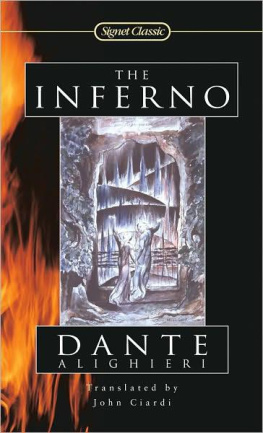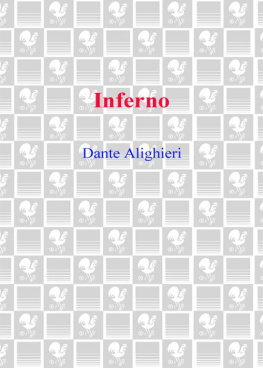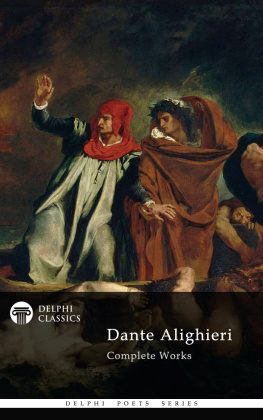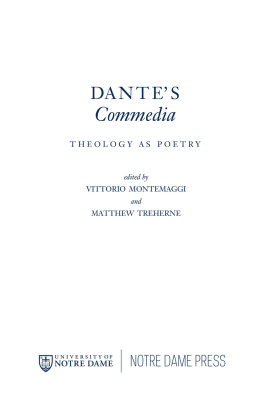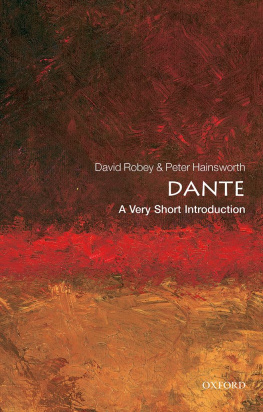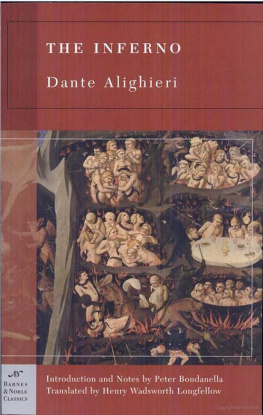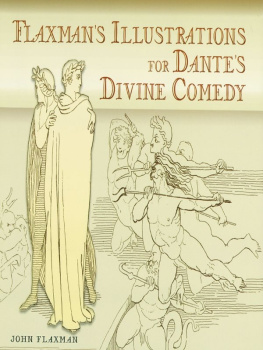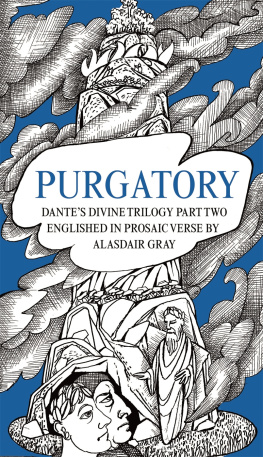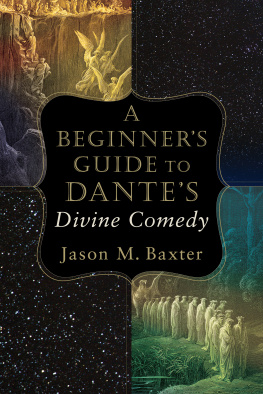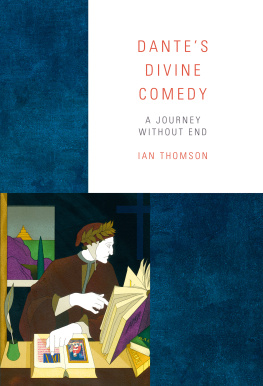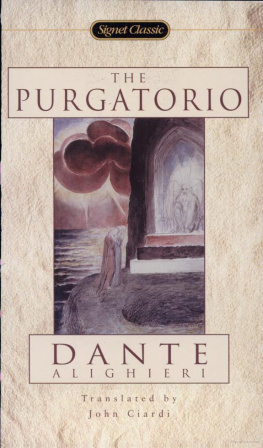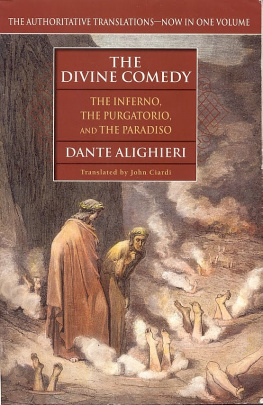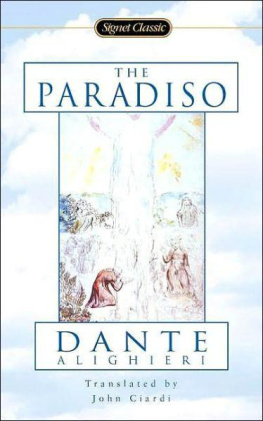Dante Alighieri - The divine comedy - Paradise
Here you can read online Dante Alighieri - The divine comedy - Paradise full text of the book (entire story) in english for free. Download pdf and epub, get meaning, cover and reviews about this ebook. year: 2013, publisher: Modern Library, genre: Religion. Description of the work, (preface) as well as reviews are available. Best literature library LitArk.com created for fans of good reading and offers a wide selection of genres:
Romance novel
Science fiction
Adventure
Detective
Science
History
Home and family
Prose
Art
Politics
Computer
Non-fiction
Religion
Business
Children
Humor
Choose a favorite category and find really read worthwhile books. Enjoy immersion in the world of imagination, feel the emotions of the characters or learn something new for yourself, make an fascinating discovery.

- Book:The divine comedy - Paradise
- Author:
- Publisher:Modern Library
- Genre:
- Year:2013
- Rating:5 / 5
- Favourites:Add to favourites
- Your mark:
The divine comedy - Paradise: summary, description and annotation
We offer to read an annotation, description, summary or preface (depends on what the author of the book "The divine comedy - Paradise" wrote himself). If you haven't found the necessary information about the book — write in the comments, we will try to find it.
If there is any justice in the world of books, [Esolens] will be the standard Dante . . . for some time to come.Robert Royal, Crisis
In this, the concluding volume of The Divine Comedy, Dante ascends from the devastation of the Inferno and the trials of Purgatory. Led by his beloved Beatrice, he enters Paradise, to profess his faith, hope, and love before the Heavenly court. Completed shortly before his death, Paradise is the volume that perhaps best expresses Dantes spiritual philosophy about resurrection, redemption, and the nature of divinity. It also affords modern-day readers a clear window into late medieval perceptions about faith. A bilingual text, classic illustrations by Gustave Dor, an appendix that reproduces Dantes key sources, and other features make this the definitive edition of Dantes ultimate masterwork.
From the Trade Paperback edition.
From the Inside FlapThe Divine Comedy is a complete scale of the depths and heights of human emotion, wrote T.S. Eliot.The last canto of the Paradiso is to my thinking the highest point that poetry has ever reached or ever can reach.
The Divine Comedy stands as one of the towering creations of world literature, and its climactic section, the Paradiso, is perhaps the most ambitious poetic attempt ever made to represent the merging of individual destiny with universal order.Having passed through Hell and Purgatory, Dante is led by his beloved Beatrice to the upper sphere of Paradise, wherein lie the sublime truths of Divine will and eternal salvation, to at last experience a rapturous vision of God.
A spectacular achievement, said poet and critic Archibald MacLeish of John Ciardis version of Dantes masterpiece.A text with the clarity and sobriety of a first-rate prose translation which at the same time suggests in powerful and unmistakable ways the run and rhythm of the great original.
About the AuthorThe Modern Library has played a significant role in American cultural life for the better part of a century. The series was founded in 1917 by the publishers Boni and Liveright and eight years later acquired by Bennett Cerf and Donald Klopfer. It provided the foundation for their next publishing venture, Random House. The Modern Library has been a staple of the American book trade, providing readers with affordable hardbound editions of important works of literature and thought. For the Modern Librarys seventy-fifth anniversary, Random House redesigned the series, restoring as its emblem the running torch-bearer created by Lucian Bernhard in 1925 and refurbishing jackets, bindings, and type, as well as inaugurating a new program of selecting titles. The Modern Library continues to provide the worlds best books, at the best prices.
ISBN : 9780307422545Formats : EPUB, MOBIDante Alighieri: author's other books
Who wrote The divine comedy - Paradise? Find out the surname, the name of the author of the book and a list of all author's works by series.

